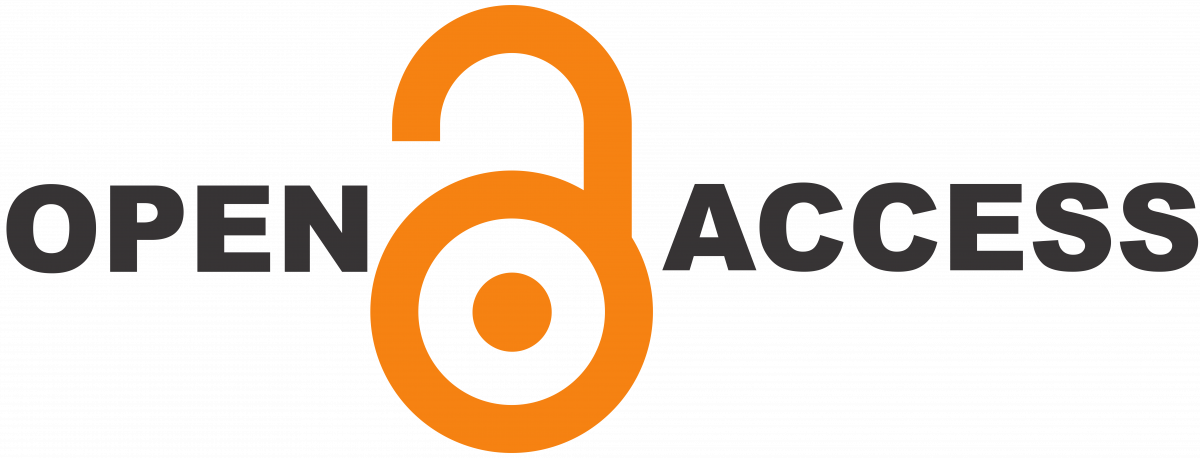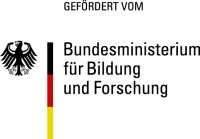Team
- Tobias Steiner (project coordinator)
- Manfred Steger & Sophia Zicari (openLab & media production)
- Klaas Opitz, Lucas Jacobsen, Celestine Kleinesper und Astrid Wittenberg (workshop experts)
SynLLOER: What we do
With the SynLLOER project (english: SynTLOER – Synergies for Teaching and Learning with OER), Hamburg University has set out to tackle the need of raising awareness towards OER on a broader scale: Funded via the Federal Ministry of Education and Research’s OERInfo funding line, SynLLOER consists of five pillars that have the goal of activating a variety of target groups spanning a large range of institutions and educational settings. Throughout the whole of Hamburg, students, teaching assistants, and the large number of teachers within the primary, secondary and Higher Education sectors as well as media officers in schools are addressed and are brought in first contact with the world of OER. A creative mix of raising awareness, teacher training and support offers an all-in-one package that is hoped to ignite a more wide-spread occupation with the topic of OER. Firstly, the topic of OER will play a major role in the web-and-print publication Fachmagazin Synergie, via up-to-date articles on theory and practice. The publication will be made available in print for >10,000 staff and teachers working in the metropolitan area of Hamburg. Secondly, a variety of information events will be established, mainly around the question of „What is OER“. Doing so, we hope to raise awareness with interested participants for current limitations in using digital content due to German copyright law, and to point to alternatives that we see as manifest in Open Educational Resources. Thirdly, SynLLOER offers school workshops with the aim of opening a discussion around the use of OER – a use that, with an underlying culture of sharing, schools could highly profit from. And, last, but not least, SynLLOER comprises an Open Workshop that offers help with legal questions and hands-on support with tech-related questions, and indicating possible ways of realization in regard to creation, publication, versioning and remix of open content. All in all, Hamburg University’s SynLLOER project offers support structures for the technological, legal and conceptional dimensions for the creation of OER. Hence, SynLLOER will establish synergies between the early project experiences made within the context of the first phase of HOOU, towards a sustainable model of OER production, dissemination and awareness that is understood to act as an accelerator towards an environment of Open Educational Practices. 




